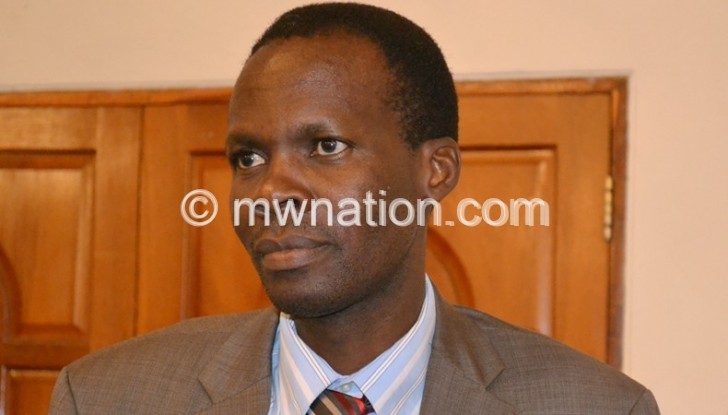World Bank warns of fresh Ifmis loopholes
Three years after the shocking revelations of Cashgate exposed loopholes in the public finance management system in Malawi, the World Bank has warned the system is still prone to abuse.
The bank says this is as a result of Malawi Government’s failure to put all its transactions under the Integrated Financial Management Information System (Ifmis).
The World Bank says some government financial transactions continue to be done outside the system and this, The Nation can exclusively reveal, is raising concerns that fraud, which previously necessitated creation of stringent firewalls to improve Ifmis, can be sidestepped by simply conducting transactions outside the system.

According to a report by the bank’s Independent Evaluation Group (IEG) dated April 2016, a functioning Ifmis alone is not sufficient to achieve good public financial management.
“To be effective, there must be clear commitment from the Ministry of Finance that all transactions are routed through the system, such that all expenditures are subject to the Ifmis automated, ex ante, internal controls. Practically, this means that no payment instructions [cheques/vouchers] issued outside of the system should be honoured,” reads part of the report.
Significantly, the bank says there is lack of political will to undertake the needed reforms.
“Significant political capital is needed to overcome resistance from people who may have vested interest.
In addition, firstly, the external audit function is significantly undermined by the failure of the Accountant General’s Office to complete the annual accounts and financial statements within the statutory period after the end of year [four months] and forward these to the National Audit Office. Secondly, the audit reports submitted to the legislative were considerably delayed,” adds the group.
But while conceding the concerns from IEG, Treasury spokesperson Nations Msowoya said in an interview that government was doing all it could to improve the situation.
“The Independent Evaluation Group [IEG] of the World Bank indeed released a report that made several recommendations on how government could strengthen the Ifmis to achieve good Public Financial Management.
“The recommendations are in line with previous recommendations that various stakeholders made and for which Government of Malawi already acceded to. Among the recommendations was the need to increase the number of transactions that are handled through Ifmis,” he said.
He added that government has taken on board most of the recommendations as they were previously also called for by other stakeholders.
“The Government of Malawi already embarked on a project to have almost 90 percent of government transactions handled through Ifmis. The current version of Ifmis could not immediately allow government to move onto such a platform.
“Accordingly, in close consultation with the system suppliers, SoftTech, the Ministry of Finance came up with a project to ensure that this recommendation is implemented within the 2015/16 fiscal year. At the moment, significant progress has been registered to bring transactions that were otherwise outside into Ifmis almost in real time.
“The project will ensure that by the start of the new fiscal year, over 90 percent of transactions will be captured in Ifmis in real time. The benefits of such an initiative cannot be overemphasised and that is why government was keen to implement the recommendations made by IEG and other stakeholders,” added Msowoya.
The Treasury spokesperson further said government is also keen to have completed the reforms for the remaining 10 percent, the majority of which represent transactions done by local assemblies.
A forensic audit report into the plunder of public resources at Capital Hill due to abuse of public finance management tools, dubbed Cashgate, established that billions of kwacha were stolen since 2005 when Ifmis was launched.






Zoopsatu izi! No political commitment!? Any vested interests?